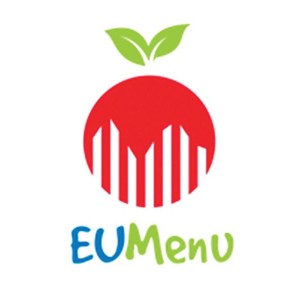- Project beneficiary: Centre for Food Safety of the Croatian Agency for Agriculture and Food
- Project partner: Faculty of Food Technology Osijek
- Quality insight into the dietary and lifestyle habits of the population is the starting point for creation of strategic documents, as well as for preventive activities aimed at preserving the health of the population
As having recognised the importance of dietary habits on the health of individuals, and thus of the whole nation, the Faculty of Food Technology Osijek of Josip Juraj Strossmayer University of Osijek joined the Faculty of Food Technology and Biotechnology of the University of Zagreb and the Croatian Institute of Public Health to form the national team coordinated by the Centre for Food Safety of the Croatian Agency for Agriculture and Food in the planning and implementation of the research that includes population groups from three months of age up to the oldest members of our society.
The research is carried out within two independent projects, one of which focuses on dietary habits of infants and young children, and the other focuses on adolescents and adults. Both studies are carried out with the financial support of the European Food Safety Agency (EFSA) and are carried out according to the standardised methodology of the EFSA EU Menu in order to provide for comparability of data with those from other European countries.
Since participation in all activities requires good will and time, it is important to note that the respondents’ participation is not demanding and it includes collection of data via one general questionnaire and two questionnaires focused on the assessment of daily food intake during two non-consecutive days of the week.
Dietary habits and their impact on health change during life, so within this research, infants between the age of three months and one year, then children from one to three years old, children from three to nine years old, adolescents from ten to 17 years old, adults from 18 to 65 years old and the elderly population aged between 65 and 75 are involved in the study. The population of infants fed with mother’s milk and people older than 75 will be observed separately as especially sensitive groups. The research will include about 2,000 children and 2,000 adults. Questionnaires are designed for each age group. The collected data provide a complete insight into the nutrition of all age groups of the population of the Republic of Croatia, which is of exceptional importance also for determination of risks connected with food, for assessment of nutrient intake as well as for development of national guidelines for the nutrition of all age groups. The industry and entities in the food business use data on dietary habits to adjust the offers of products, the authorities use them to make regulations for the welfare of the population, and epidemiologists need those data to connect dietary intakes with the risks of diseases and to undertake various activities aimed at lowering of such risks. Since EFSA publishes the collected data on food consumption in the European database on dietary habits, they are available to all interested parties.
The project referring to the population of children is in its final phase, and the results of this segment will be available soon in the online database. We will have to wait for another year for the data on dietary habits, because the data collection is still ongoing. Sign up!




